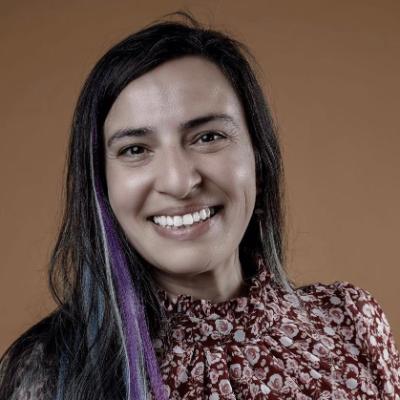
Inspired by the work of the South African Scholar Pumla Gobodo-Madikizela, Mays Imad is interested in studying the notion of “reparative humanism,” and what it means to become a flourishing human being and to contribute to intergenerational wellbeing. Mays focuses that question on her work within the academy working with students and colleagues to understand how trauma, including intergenerational trauma, shows up within postsecondary education.
Specifically she asks: When we are confronted with intersecting crises, how do institutions balance their mission of education with the fact that many of their students and employees are experiencing chronic, if not traumatic, levels of stress and burnout? Why is it imperative not to ignore the shadow of trauma and to leverage the power of meaningful relationships to create conditions for healing, learning and transformation.
Within that overarching theme, Mays investigates the following questions: 1) How to use what we know about the neurobiology of learning to optimize conditions for learning for all students? 2) How to create structural immunity that helps cultivate equitable and healthy ecosystems? 3) How to use our positionality to advocate for readily accessible and culturally-grounded mental health support for all students?
Learn more about her work here

